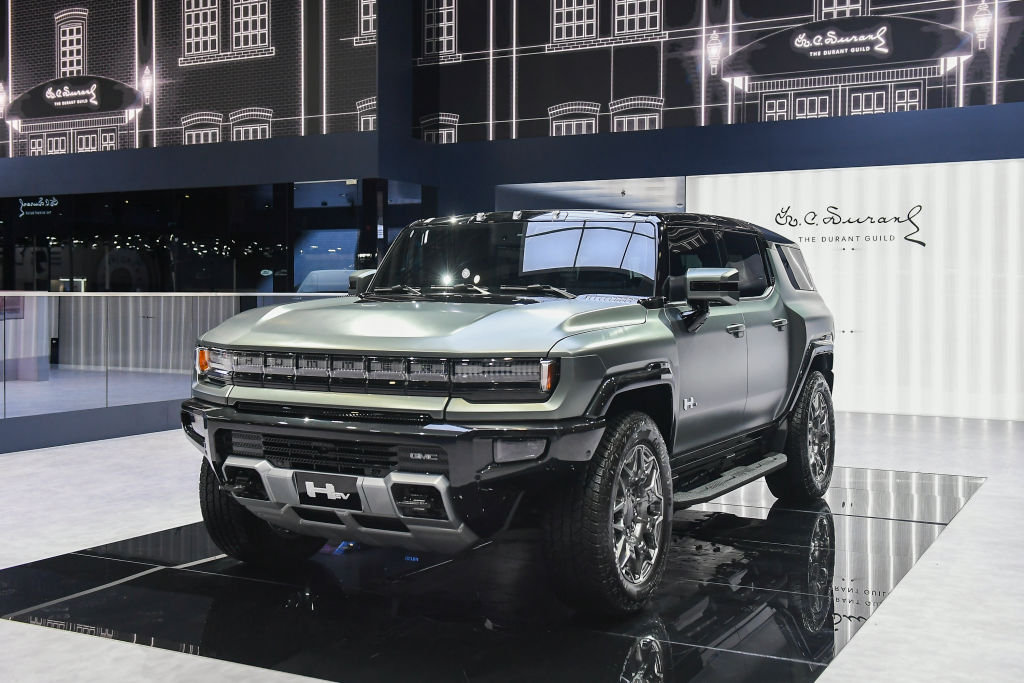Many manufacturers in the auto industry are ramping up the production of electric vehicles to compete with Tesla, but they’re encountering a significant hurdle: a lack of sufficient buyers.
Jonathan Gregory, senior manager of economic and industry insights at Cox Automotive, called it a “Field of Dreams” moment for the industry.
Except, the cars are built, and no one is coming.
According to Axios, despite a significant increase in consumer consideration of EVs, as revealed by a recent Cox survey, this heightened interest has not yet translated into actual sales.
The survey found that 51 percent of consumers are now contemplating the purchase of a new or used EV, up from 38 percent in 2021. However, despite the interest, the cars are not selling.
According to Cox, dealers have a nearly three-month supply of EVs compared to 54 days’ worth of gasoline-powered vehicles in their inventory.
This is fascinating. Non-$TSLA EVs aren’t selling. Teslemmings think this is evidence of the superiority of Teslas, which (according to every review) is not true. Instead, it is likely evidence of:https://t.co/hQYE9Kfz8T
— Economic Man (“Muskago Delenda Est”) (@EconomicManBlog) July 11, 2023
The sales figures for luxury EVs tell an interesting story.
Genesis, the Korean luxury brand, managed to sell a mere 18 of its high-end Electrified G80 sedans in 30 days. With 210 units in stock nationwide, that translates to a 350-day supply, according to Cox.
Maybe it had something to do with the fact that the car costs a whopping $82,000.
Luxury EVs from other manufacturers also faced a similar situation. Models like Audi’s Q4 e-tron and Q8 e-tron, as well as the GMC Hummer EV SUV, had inventories well above 100 days.
These vehicles come with hefty price tags that render them ineligible for federal tax credits.
Imported models, including the Kia EV6, Hyundai Ioniq 5 and Nissan Ariya, are also experiencing an accumulation of stock.
Cox’s inventory data doesn’t include Tesla, which sells direct to consumers. It should also be noted that hybrid vehicles have much lower inventory levels.
Massive price tag aside, range anxiety, the constant worry about running out of charge and finding the next charging station, itself can weigh heavily on an EV driver’s mind.
Additionally, the hours spent waiting for an EV to charge can disrupt daily routines, impede travel plans, and potentially lead to frustration or dissatisfaction.
These challenges associated with EV ownership can pose a burden on an individual’s mental well-being, affecting their peace of mind.
Most Americans buy expensive items to improve their quality of life.
A more luxurious car. A better quality washer. A bigger refrigerator with more options for ice makes sense to the consumer.
But asking a consumer to pay more money to buy a car that lowers their quality of life doesn’t compute.
Until they can come up with a range of EVs that fit both the price bracket and the lifestyle of the average American, the green future the left is dreaming of may not be plugged into reality.
This article appeared originally on The Western Journal.
























